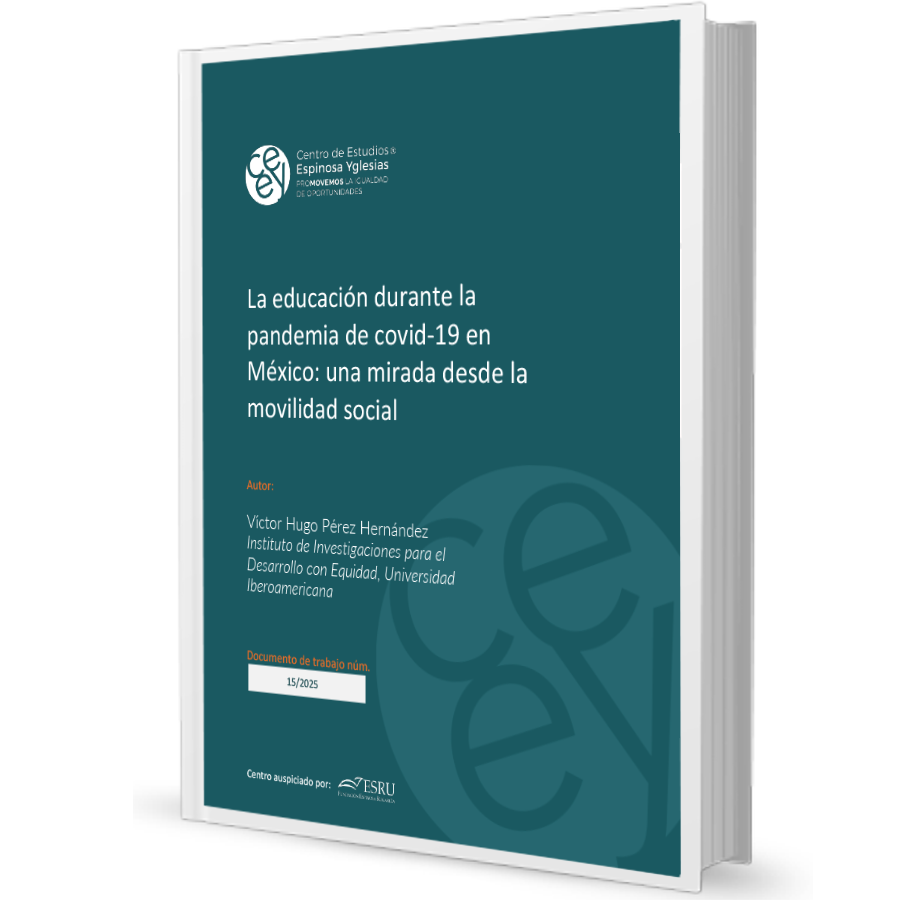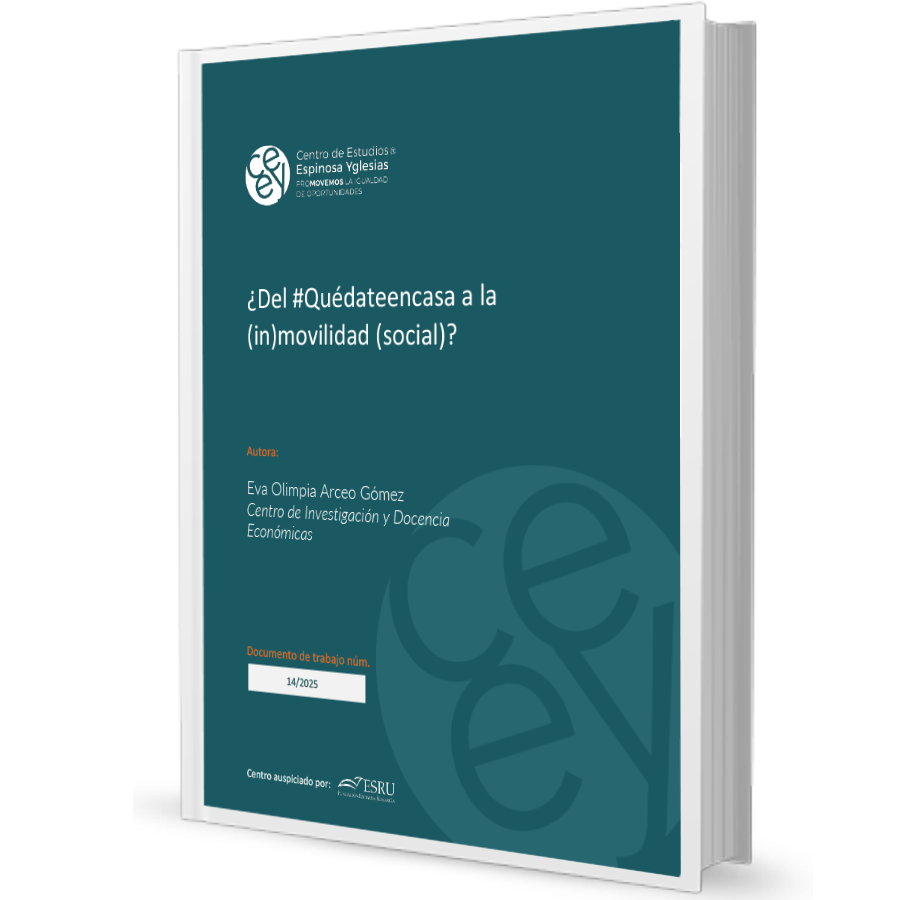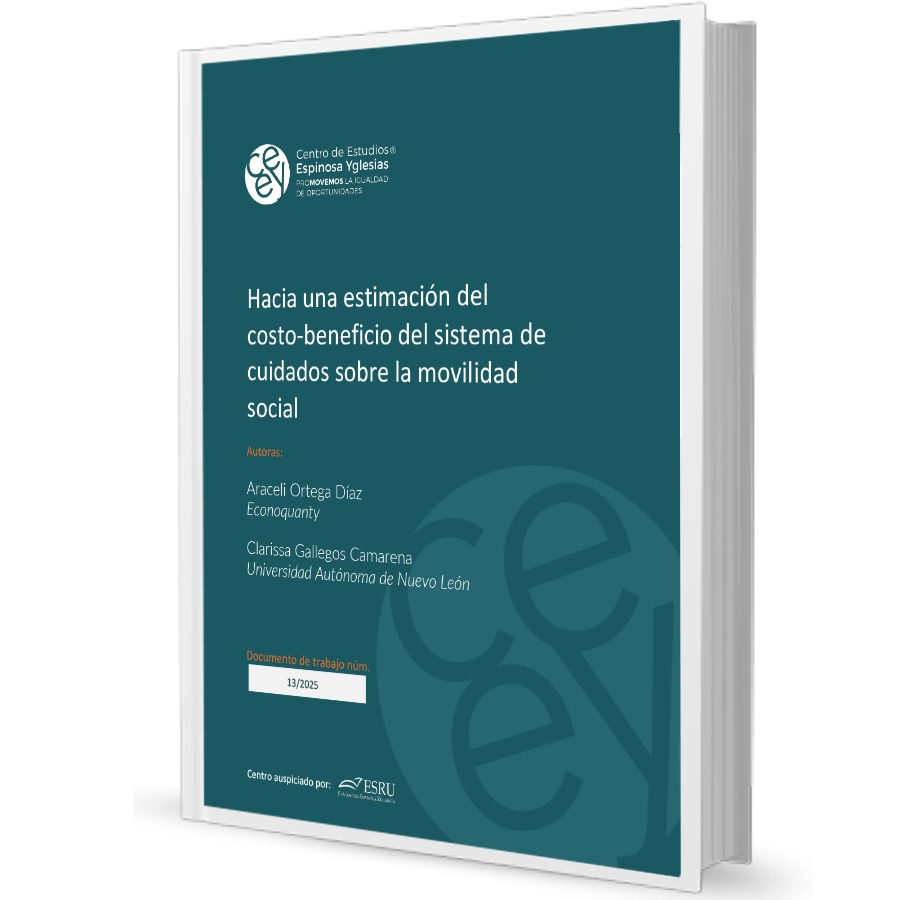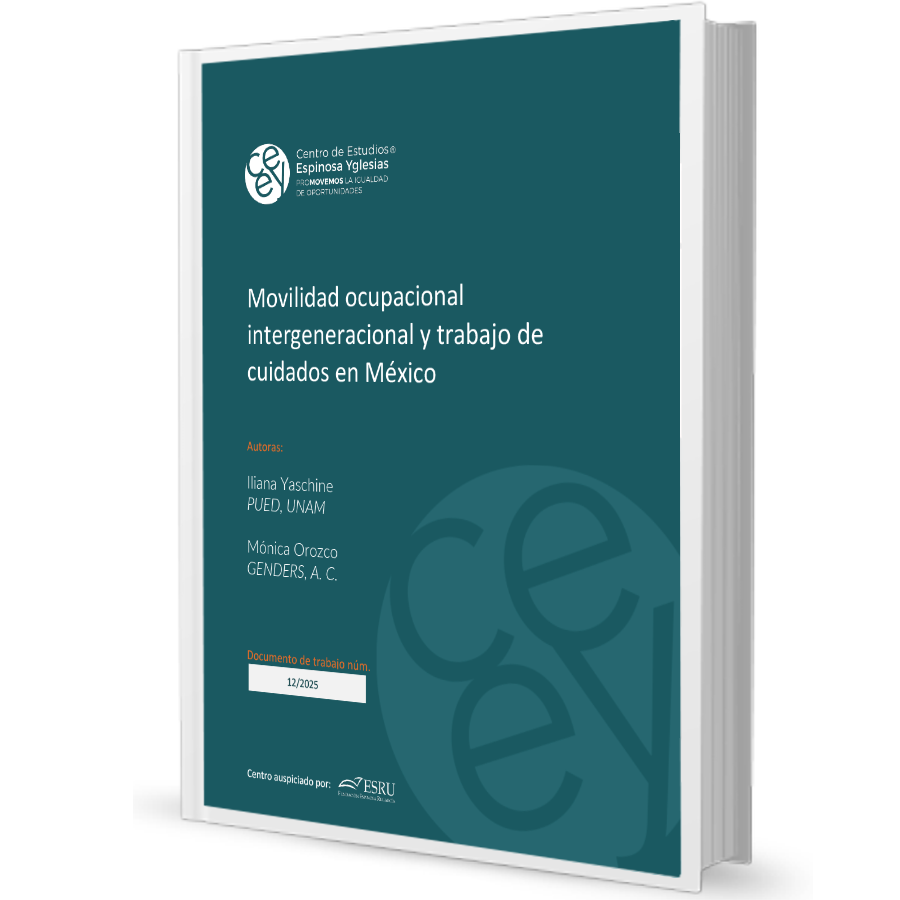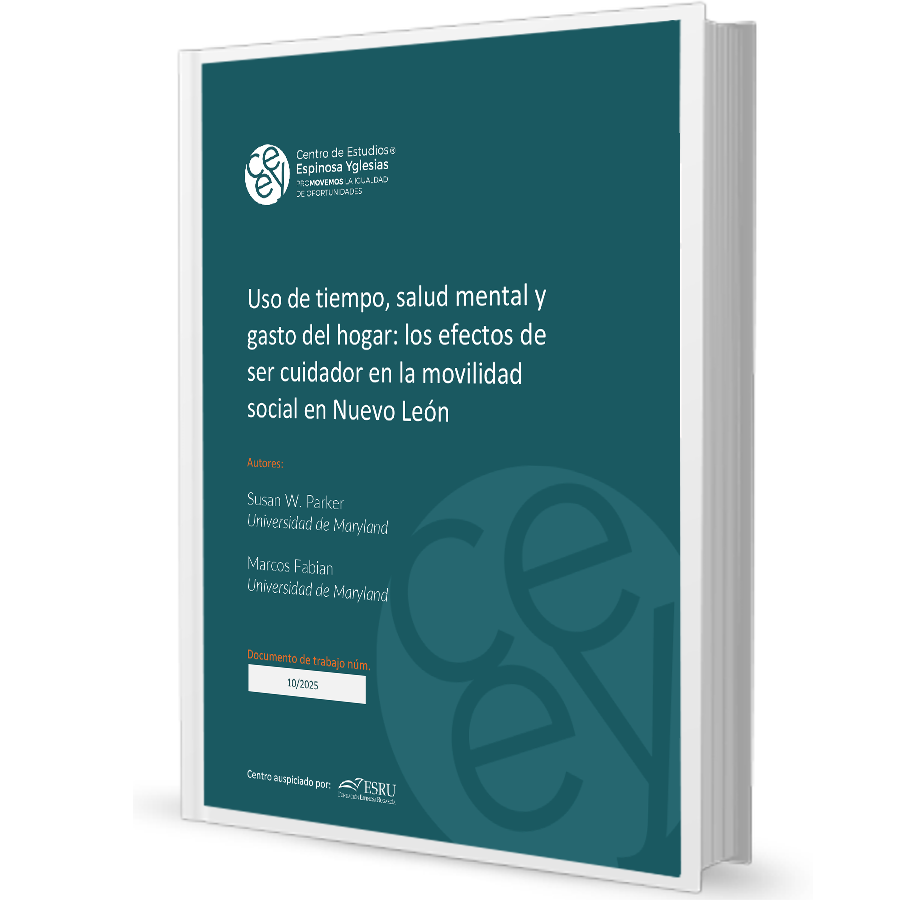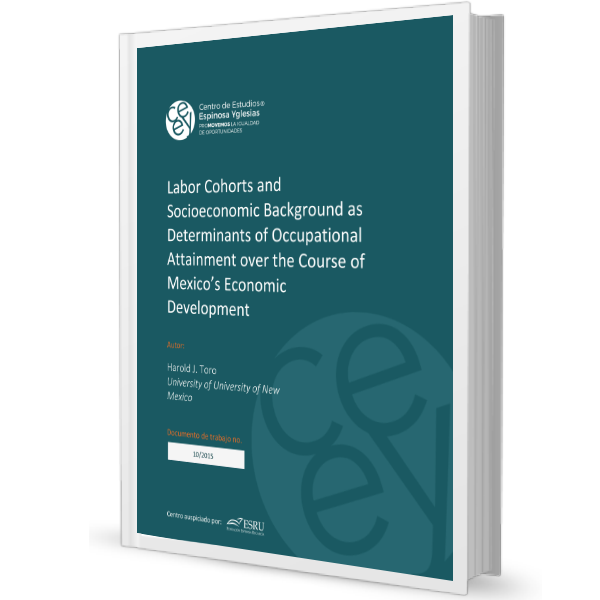
Labor Cohorts and Socioeconomic Background as Determinants of Occupational Attainment over the Course of Mexico’s Economic Development
Harold J. Toro
Documento de trabajo CEEY no. 10/2015
Drawing on two waves of the ESRU Survey on Social Mobility in Mexico 2006 and 20011 (EMOVI), this paper examines labor cohort differences in occupational status attainment to evaluate the extent to which Mexico’s occupational achievement dynamics are shaped by Mexico’s industrialization experience. The results reflect decreasingly negative average inter-cohort differences in the status of the first occupation. Status differences are present, both in the estimation of unmediated cohort effects, and net of controls for socioeconomic background. Controlling for respondent’s education eliminates inter-cohort differences in status of the first occupation. The author finds no evidence of inter-cohort distinctions in the occupational status of respondent’s current occupation. Instead, these effects seem channeled through the status of the first occupation. These results highlight that education has mediated and mitigated the role of historical timing in individual-level occupational attainment at the onset of adults’ employment careers. More generally, these findings provide suggestive evidence of the similarity of Mexico’s occupational attainment history with that of other developing countries.

